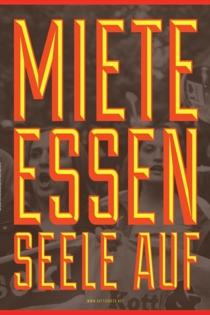
Angelika Levi
2021Mein Leben Teil 2
Angelika Levi
By means of objects, photos, tapes and films, director Angelika Levi, half-German, half-Jewish, examines the story of her family. The film deals with trauma and the way history is produced, filed away, turned into discourse and ordered on macro and micro levels.
My Life Part 2
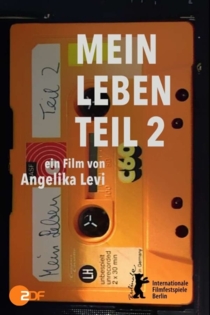
Anak-Anak Srikandi
Stea Lim, Winnie Wibowo
The mythical figure of Srikandi, a female figure from the Indian Mahabharata epic that changes gender to live and fight as an equal among men, is the inspiration and role model for this anthology of stories on the state of alternate sexualities in Indonesia, the country with the largest Muslim population in the world. The result is eight highly personal and profound perspectives on lesbian, bisexual and trans-identity life in Islamic Indonesia.
Children of Srikandi
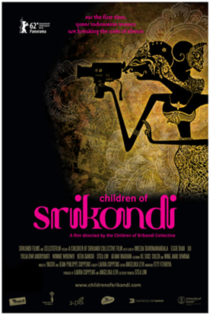
Das Glück meiner Schwester
Angela Schanelec
Anna Bolk, Wolfgang Michael
A young photographer has fallen in love with his girlfriend's sister. Nobody knows quite what to do. A stylish variation on the problems of triolism made with striking stability of style and a great feeling for mise-en-scène.
My Sister’s Good Fortune
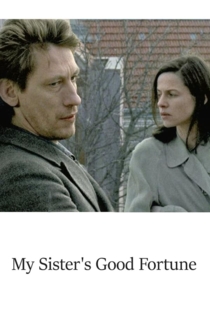
Absent Present
Angelika Levi
Benji was brought from Namibia to the GDR in 1979 as a young child and sent back in 1990 after German reunification. Levi got to know him there in 1991. Two years later, he hitchhiked back to Europe disguised as a tourist. But "in this film there is no main character. Benji, who should have been it, has disappeared," it is stated at the beginning of the movie. On her search for traces, Levi associatively links the story of the refugee with the stories of flight of those she meets underway. The journey leads from Germany to Namibia, to the Spanish mainland and the Canary Islands, all the way to Senegal. Without wanting to draw a geographical or political map, an essayistic documentary on the various forms of traveling emerges: vacation and migration, voluntary and forced return.
Absent Present
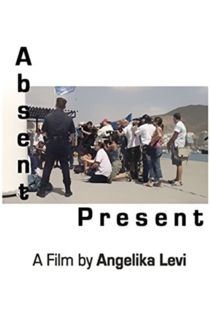
Ahorita Frames
Angelika Levi
From September 2001 to April 2002 Nan and Nancy along with other Latin American women worked for the asbestos company “Branch,” cleaning the luxury apartments, offices, and banks of Manhattan in the hermetically sealed zone of “Ground Zero.” The women had neither residence permits nor work permits in the USA, and their dust masks had no filter for asbestos. At the PedWest border crossing in Tijuana refugees perform their stories. They play asbestos workers, American soldiers, Red Cross staff, and firefighters. Migrants from Guatemala and Venezuela and Mexicans who were deported from the USA to Tijuana: they are all stuck at the border due to the “Remain in Mexico” policy. Ahorita Frames moves the stories of the asbestos workers from New York in 2001 across the border to Tijuana in 2019, thus reconfiguring the political cartography of power relations.
Ahorita Frames

Ariel
Angelika Levi
Lilly Grote, Angelika Levi
After the short story of Franz Kafka “Unhappiness”. A young woman is visited by a ghost while vacuuming. Suddenly, her apartment is located in the cellar. They argue and the ghost leaves. 2 parallels meet in the infinite, says the one: “Go out of my way, you seem to have strayed.” Says the other: “For thousands of years I’ve been looking for a formula to find you, please do not send me away again.” The first one is already slightly pissed: “The destiny of a parallel is to be eternally alone, on the way to infinity.” “No, no,” the second one desperately screams: “One parallel is nothing, alone you are only an undefined line.“ a.levi '83
Ariel

